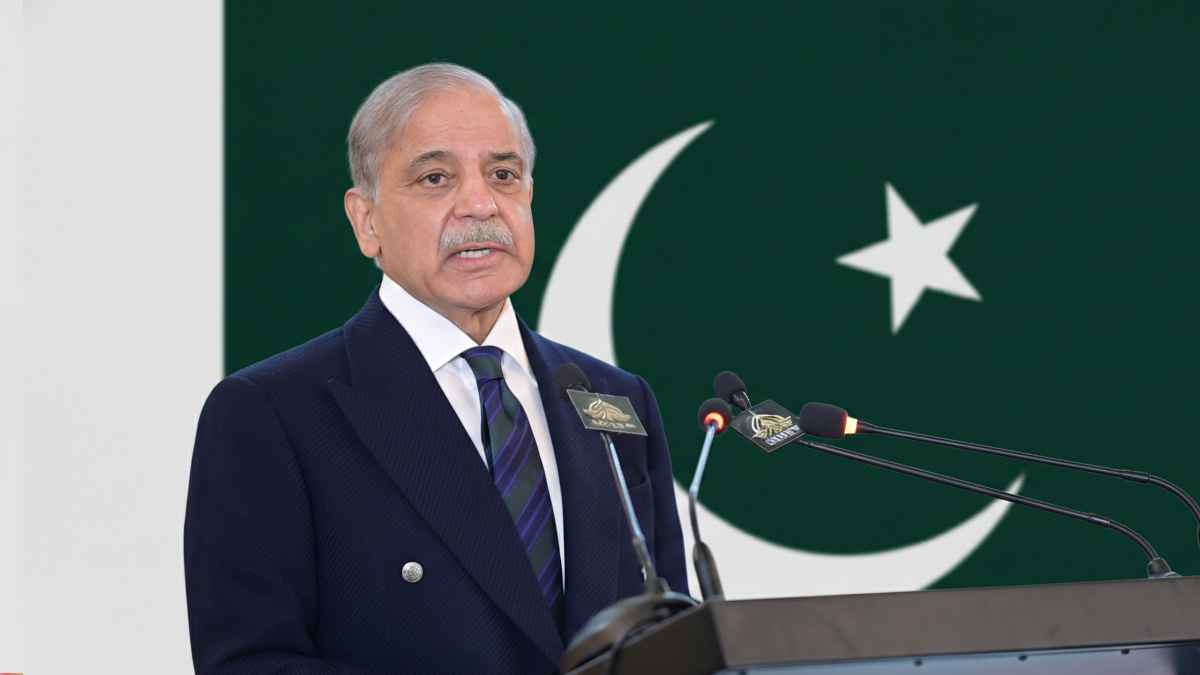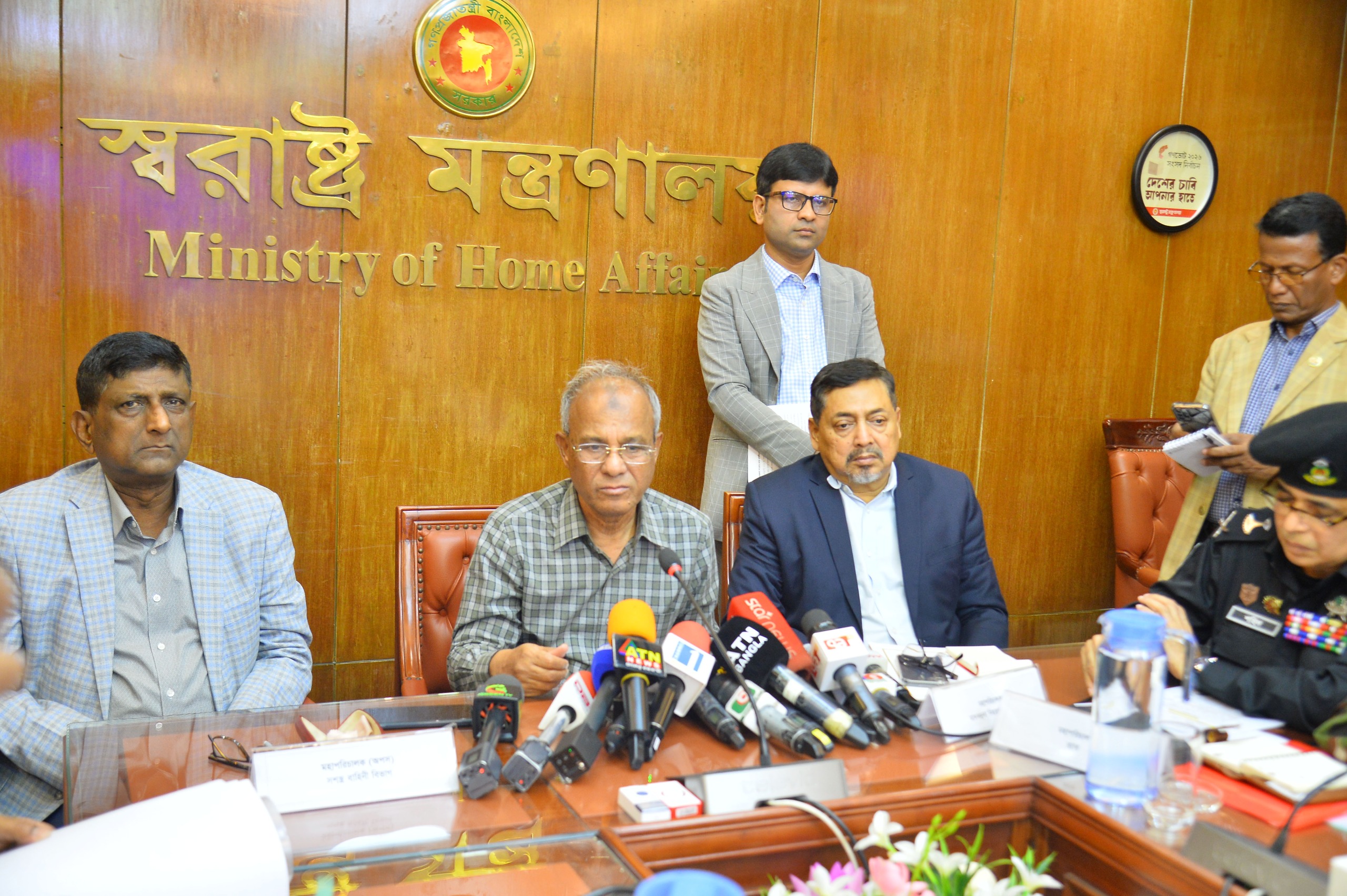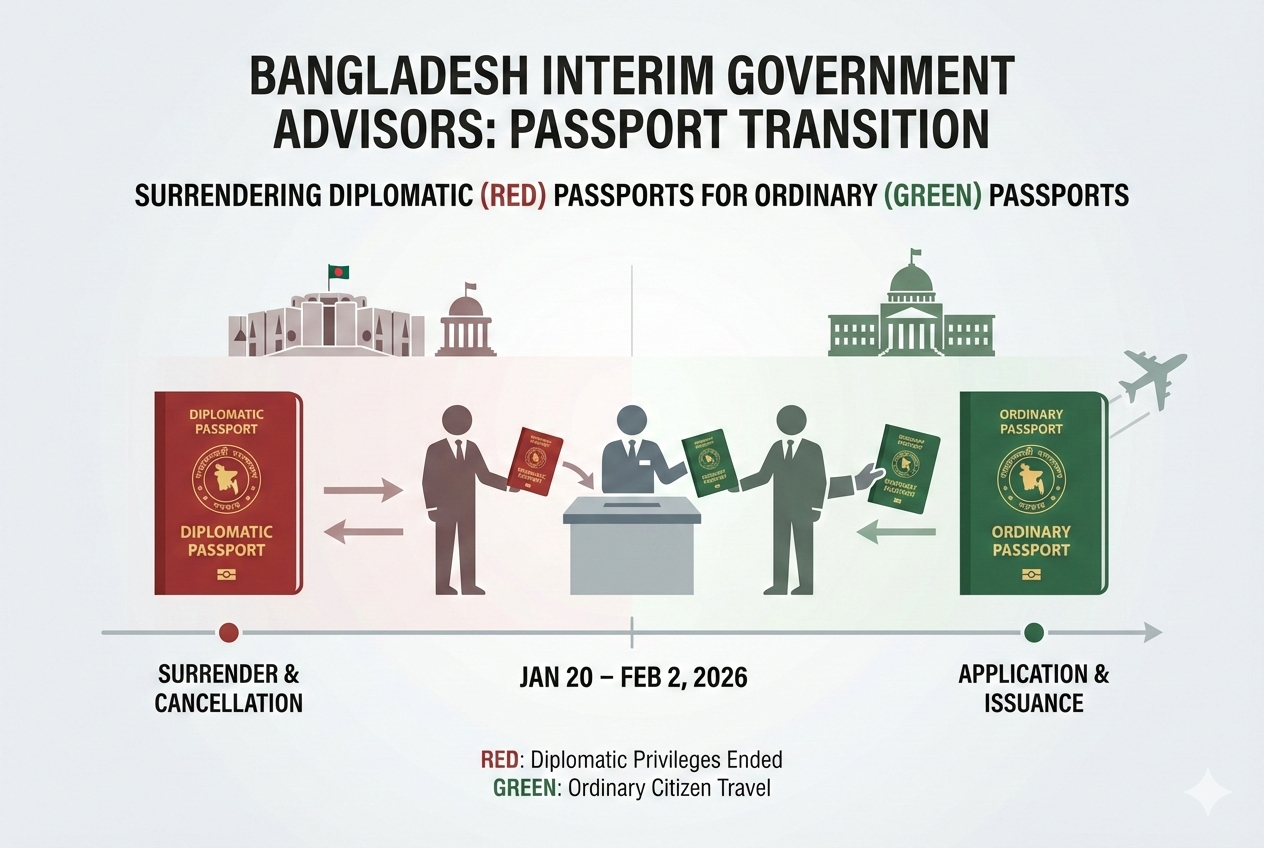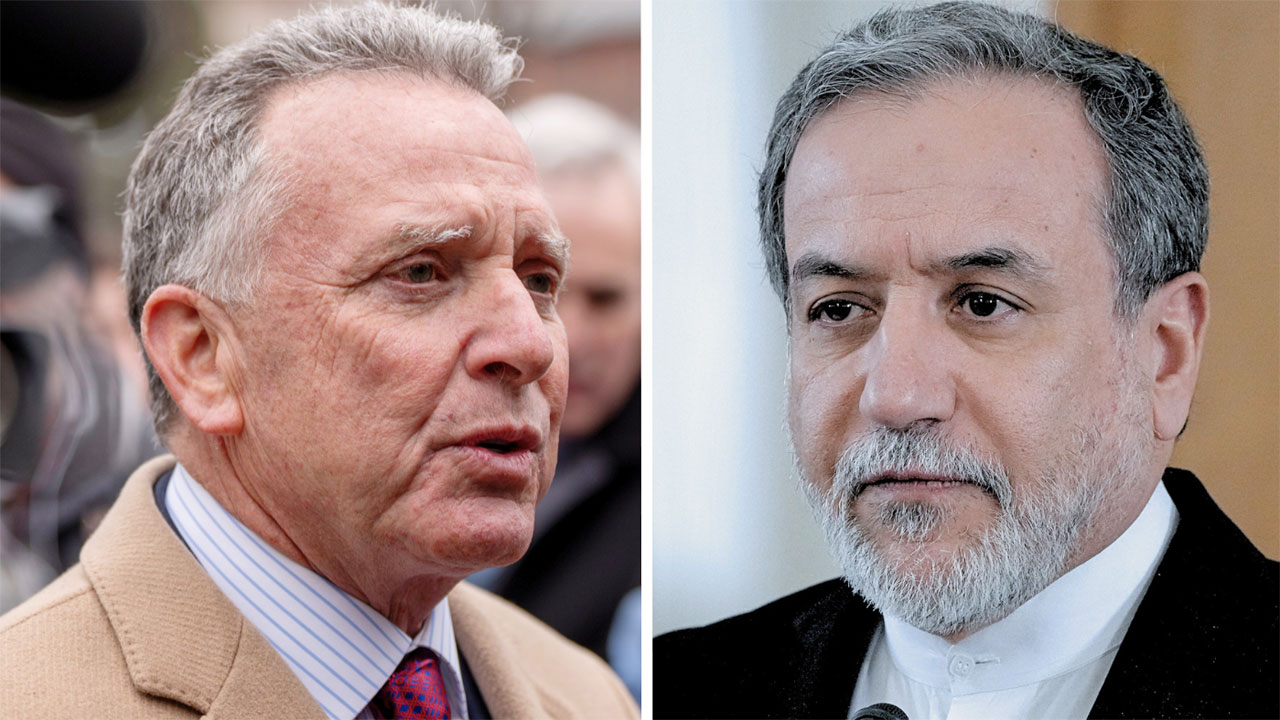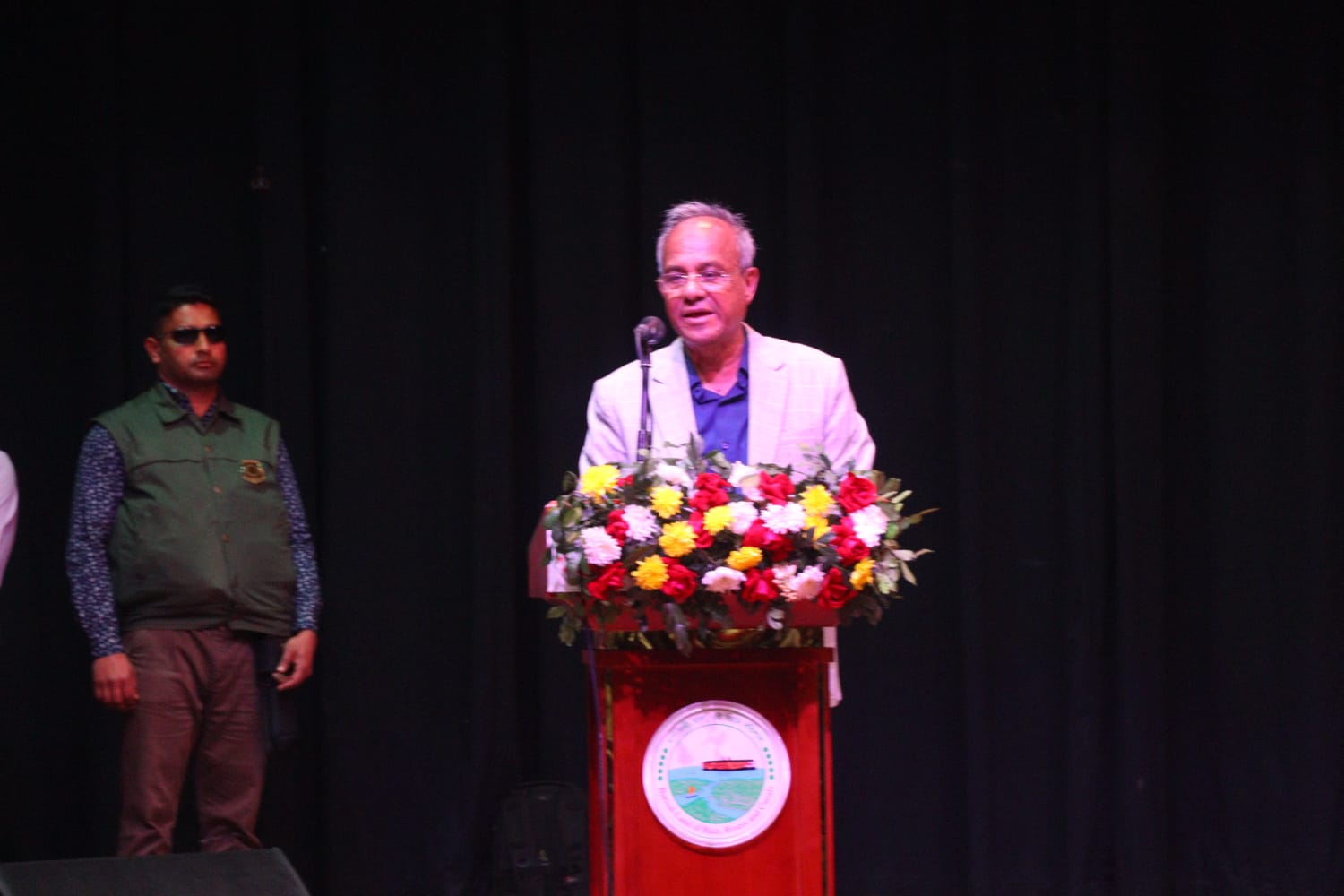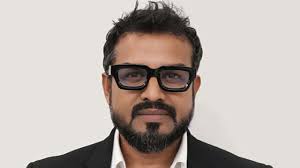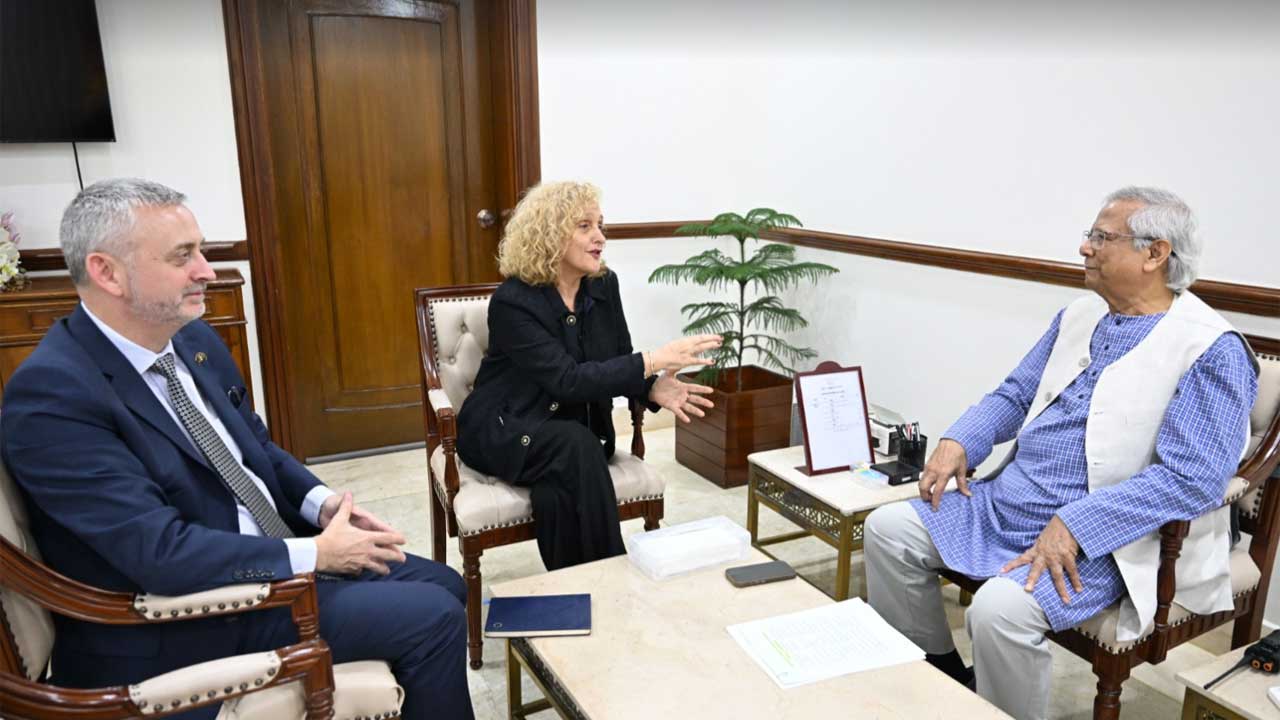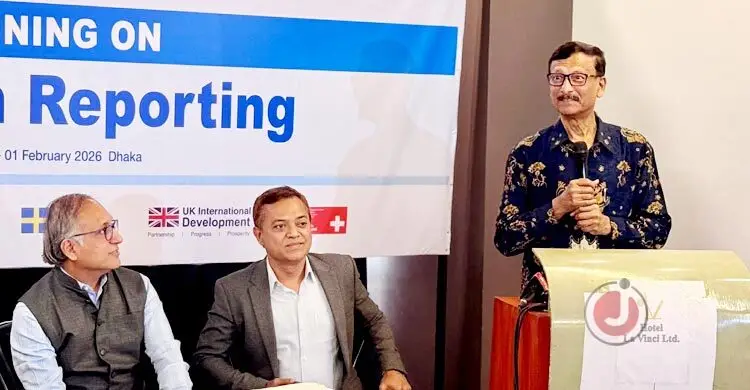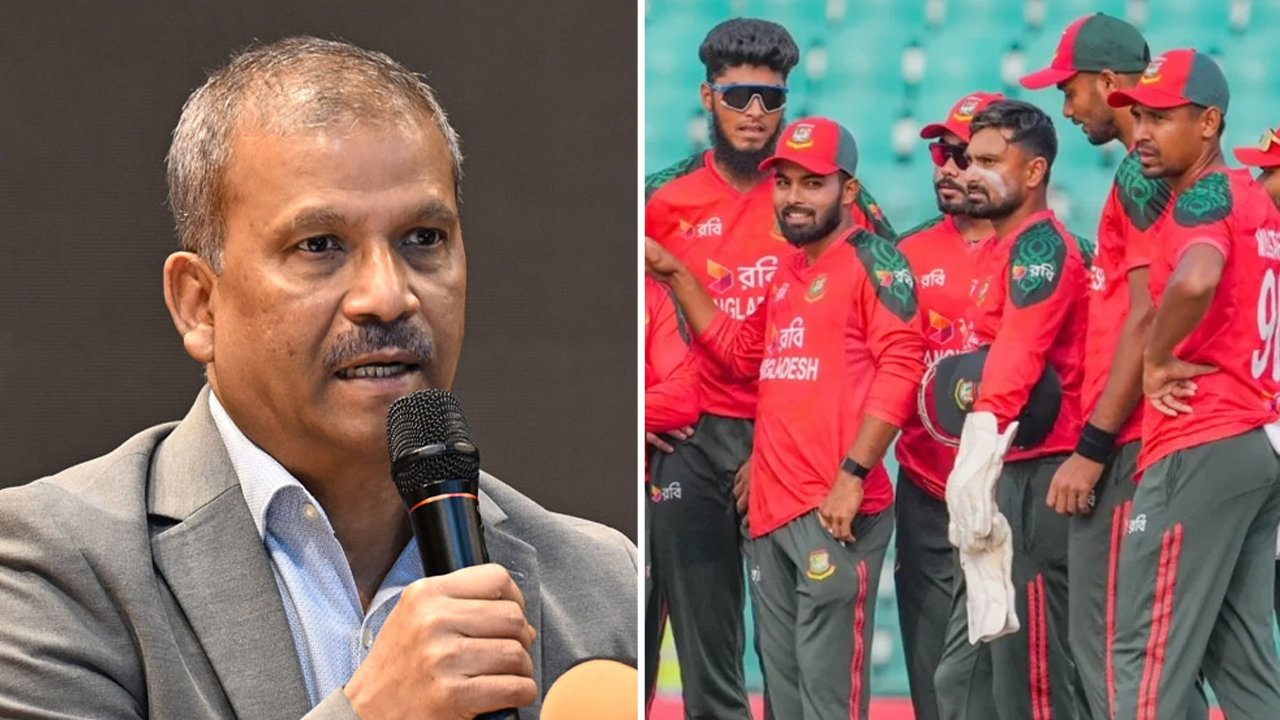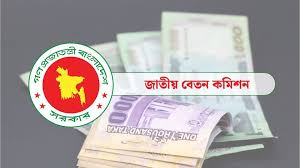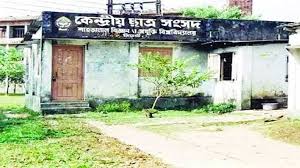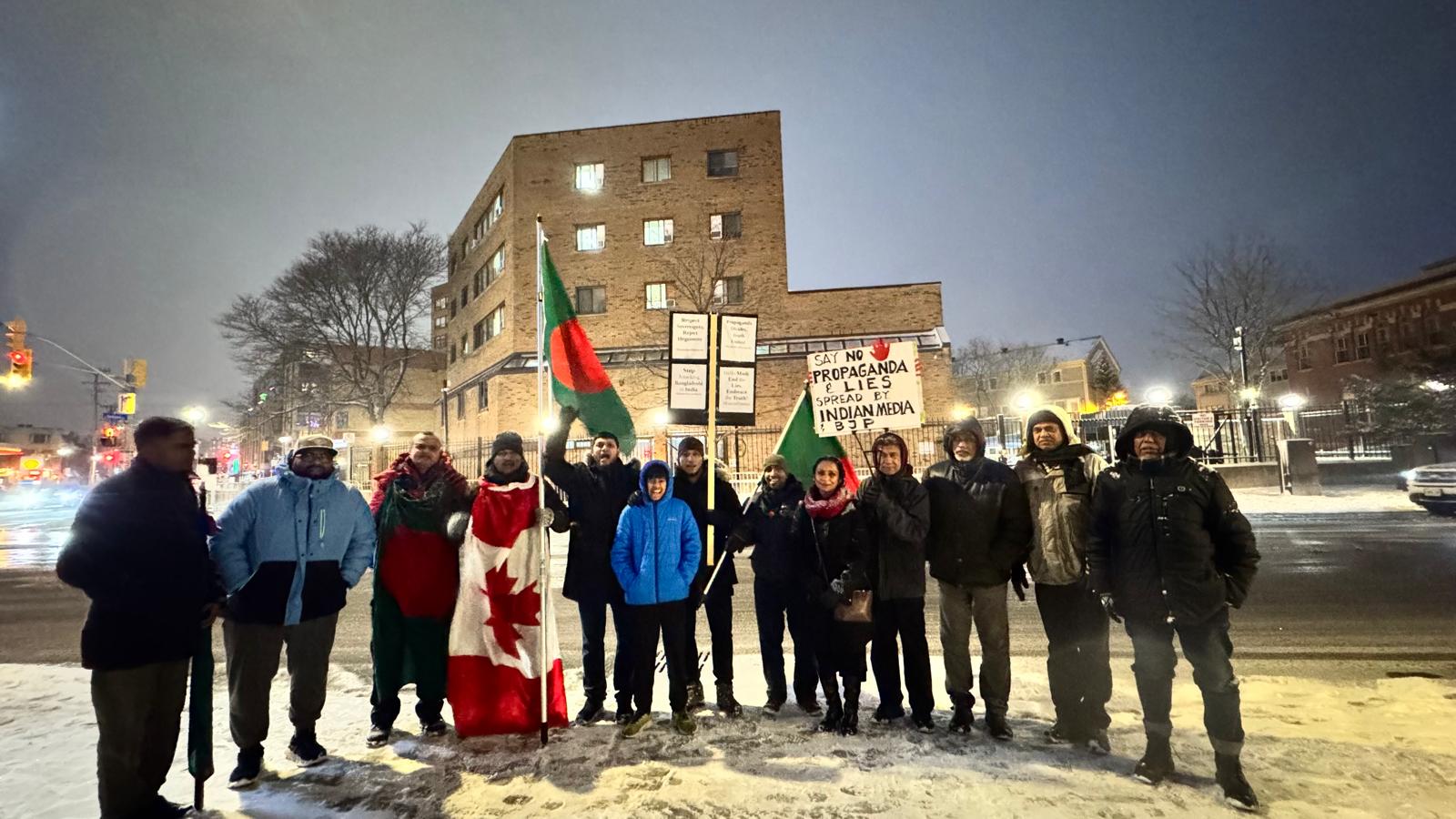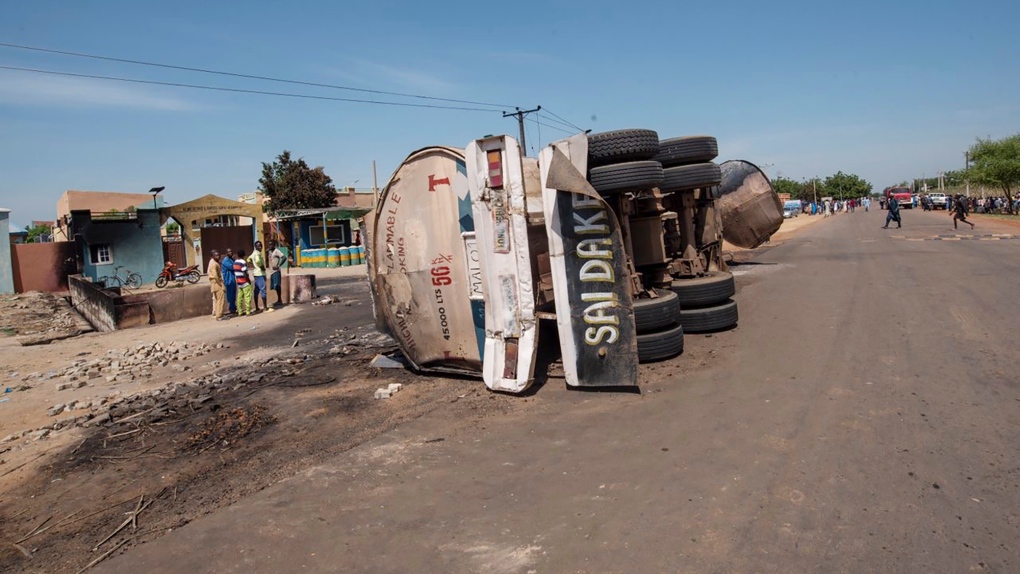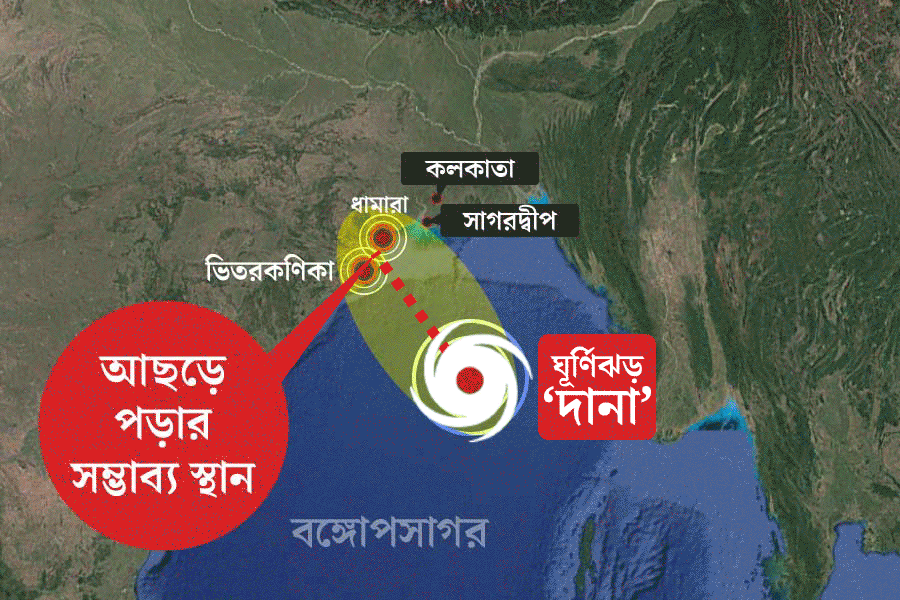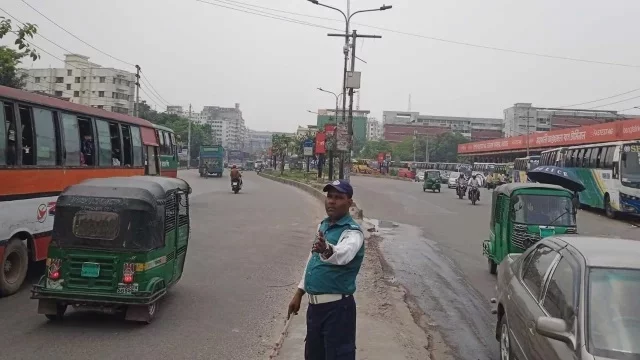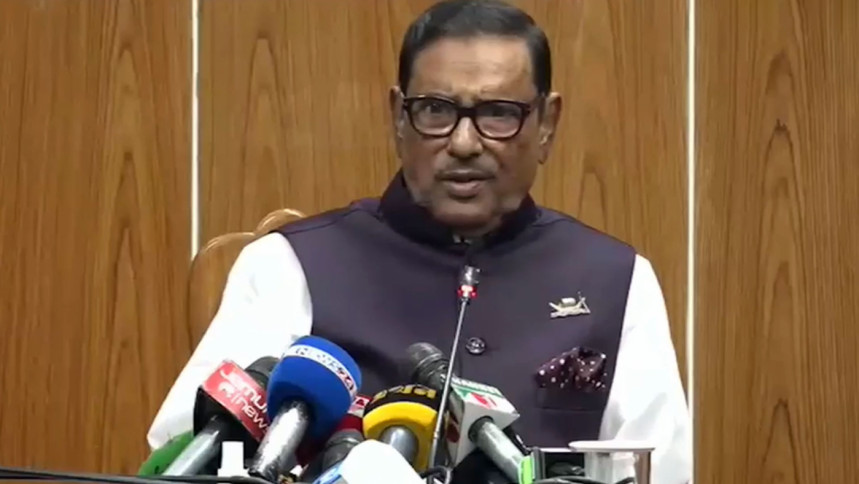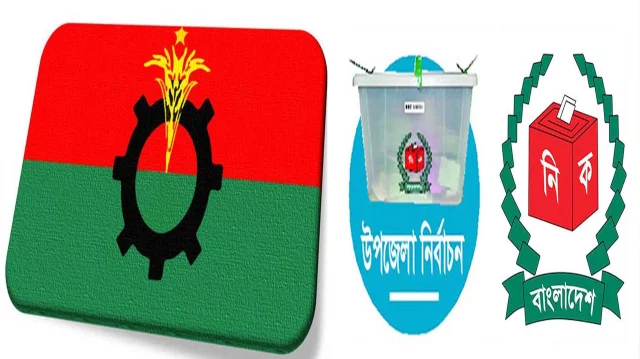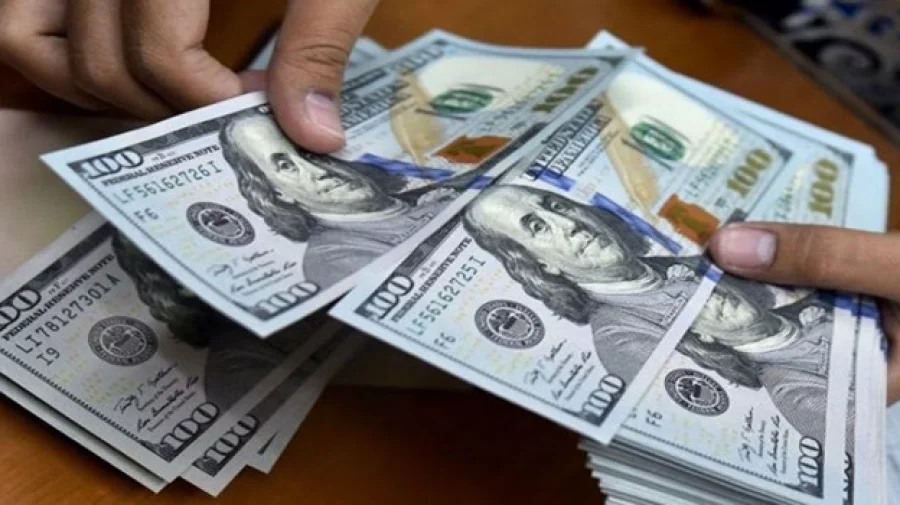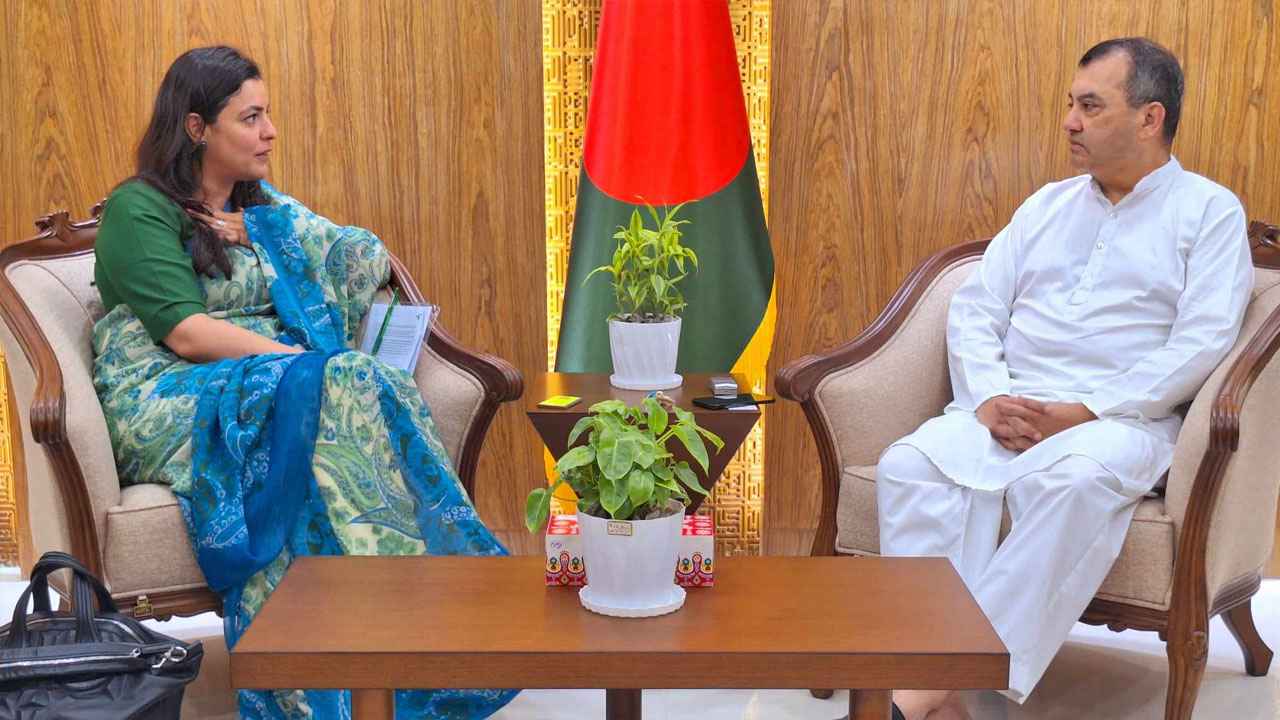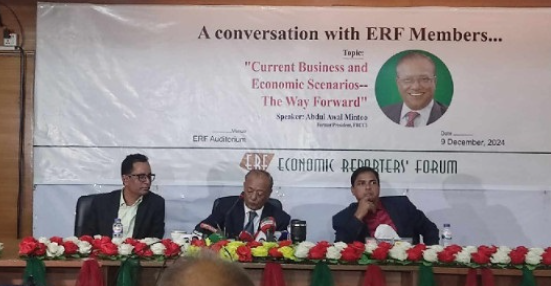
Former FBCCI President Abdul Awal Mintu said, the question of morality or immorality should be on those who run the institution. If the owner of the Beximco Group has done wrong, he should be punished. The owner is to blame, not the institution. Therefore, the owner should be punished, not the institution.
He said these things at a discussion titled 'Current Business and Economic Scenario - The Way Forward' organized by the Economic Reporters Forum (ERF) on Monday (December 9).
He said, I hear that the Beximco institutions will be sold, who will sell them and why? As a businessman, I think that the government will not take any such step in any productive sector that will disrupt the country's manufacturing industry, resulting in workers losing their jobs. If the officials who own the Beximco Group have done wrong, I want them to be punished. But the government should not do anything that will disrupt the manufacturing industry.
Responding to a question from journalists whether a new dervish has arrived in the capital market at this time, Abdul Awal said, "We have never been able to properly utilize our capital market. Instead of investing, they have considered the market as a place to play lottery. Instead of investing for the long term, they buy today like playing lottery, and if the price increases, they will be rich tomorrow."
He said, "I think that to fix the capital market, the regulatory body must be fixed first." BSEC has made many new rules, regulations and laws to provide benefits to people like this dervish. As a result, ordinary investors have suffered severely. That is why I think that the regulatory body should be strengthened first."
Abdul Awal said, "When it comes to judging the current state of the economy of any country, the first things that come to mind are various macroeconomic indicators, market management and economic policies." One of the main goals of macroeconomic policy is to increase "aggregate demand" or in economic terms, 'GDP' or 'gross domestic product'. Then, to achieve this goal, appropriate policies are formulated, applied and implemented to increase the rate of economic growth.
Regarding instability in the economy, he said, whatever the economic growth or economic development, it is very necessary to have stability in the macroeconomics. However, the problem in maintaining stability in the macroeconomics is; first, the complexity in the relationship between various indicators, to bring them into perspective. Considering the current state of the indicators, plan to achieve positive results in them in the future. Then, move forward as planned to achieve the set goals. At the same time, keep the unwanted negative consequences of any other indicator under control. Naturally, in the way of bringing about desired changes in one indicator of the macroeconomics, another indicator may undergo undesirable changes.
He further said that a review of the current state of the economy shows that the previous government had made dictatorship, arbitrary rule, partyization, and appeasement of party members into state norms and policies. On the other hand, the previous government had taken over the institutions established for the welfare of the people and destroyed or weakened them through partyization. As a result, the market management was on the verge of destruction. As a result, instead of formulating and implementing appropriate policies and strategies for the welfare of the people, government institutions were busy formulating and implementing laws, rules and policies to help self-interested politicians, government officials, and supporters of the ruling party, i.e., special interest groups, in other words, loot.
Regarding the rationality of borrowing from local banks to meet the budget deficit, Abdul Awal said that if there is a deficit in the budget (government expenditure is more than income), the government is forced to borrow. A reasonable level of budget deficit or expansionary fiscal policy is not undesirable for a developing country like Bangladesh. If the government borrows within a planned limit, it is not always harmful to the economy. However, unplanned and unreasonable excessive borrowing always creates problems for the economy. The purpose of borrowing and spending excessively (expansionary fiscal policy) is always the same in almost all countries. It is always said that the purpose of borrowing is economic growth. However, history testifies that the political motive is more than the economic motive behind excessive borrowing.
Regarding the problem of taking commercial loans from foreign banks, he said that in the past few years, the government has taken many short-term loans from foreign banks at high interest rates to implement various projects. It can be said with certainty that such loans have put the future economy of the country in danger. At the same time, it has encouraged the private sector to take loans in foreign currencies. For example, he said, from 1972 to 2013, the private sector's foreign currency debt was $350 million. However, from 2013 to the end of 2021, the private sector's foreign currency debt stood at $23 billion. These loans are short-term and interest rates are high. When the loan was taken, the exchange rate of the taka against the dollar was 80 to 84 taka. Currently, it is 122 taka per dollar. The depreciation of the taka may increase further in the near future.
Regarding investment and imported capital, the former FBCCI leader said that total domestic investment is always equal to the sum of total domestic savings and imported capital. However, foreign capital is needed to bridge the gap between savings and investment.
